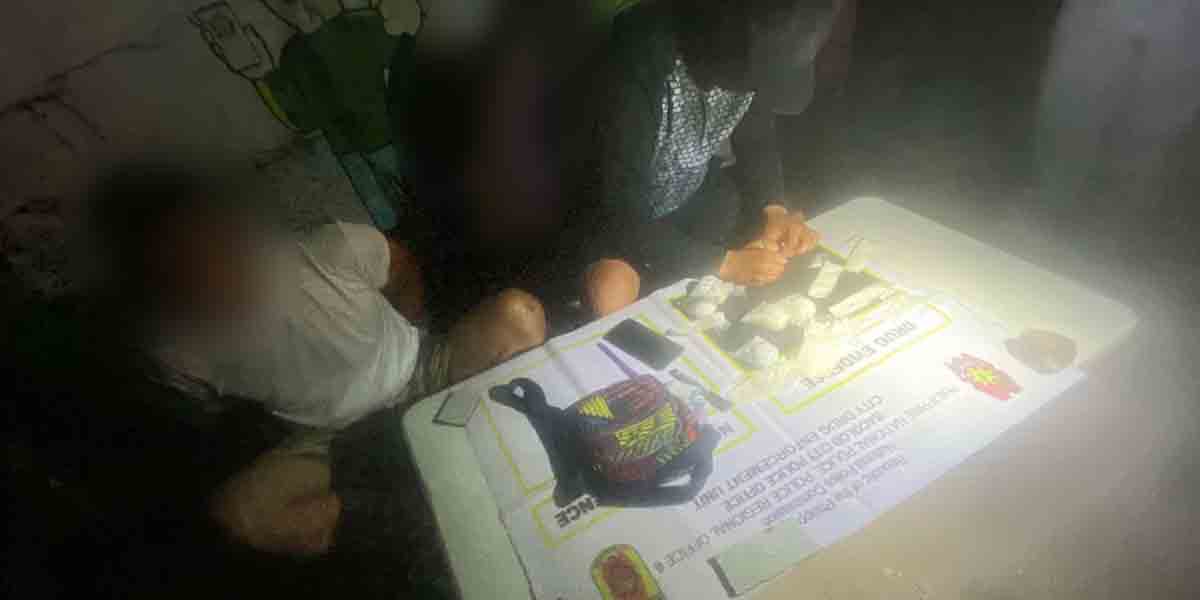By Francis Allan L. Angelo
Headline inflation in the Philippines rose to 4.4% in July, up from 3.7% in June, according to Finance Secretary Ralph G. Recto.
Despite the uptick, Recto assured the public that this increase is likely a one-time event due to high base effects and is expected to temper in the coming months as government interventions take full effect.
“Pansamantala lamang ang pagtaas ng inflation rate nitong Hulyo dahil sa tinatawag nating base effect sa presyo ng bigas. Para masukat ang pagbilis o pagbagal ng pagtaas o pagbaba ng presyo ng mga bilihin, inihahambing po natin ito sa presyo ng mga bilihin noong Hulyo ng nakaraang taon kung saan hindi pa masyadong tumaas ang presyo ng bigas,” Recto explained in a statement.
The increase remains within the Bangko Sentral ng Pilipinas (BSP) forecast range of 4.0% to 4.8% for the month.
The year-to-date average inflation stands at 3.7%, within the government’s target range of 3.0% ± 1.0 percentage point for the year.
On a month-on-month basis, seasonally adjusted headline inflation rose to 0.6% in July from zero in the previous month, while core inflation eased to 2.9% from 3.1%.
The rise in inflation was primarily driven by non-food items, with significant contributions from higher electricity rates and domestic petroleum prices.
Education services also saw a price hike, coinciding with the start of the school year. Food inflation accelerated due to faster price increases in meat and fruits, although rice inflation remained high.
The BSP projects that inflation will stabilize and follow a downward trend starting in August.
The Monetary Board will review the latest data in their August 2024 policy meeting, ensuring monetary policies remain aligned with the goal of price stability conducive to sustainable economic growth.
Recto highlighted ongoing government measures to mitigate the impact of inflation. These include reduced rice tariffs, expected to lower retail rice prices as more imports augment local supply.
“Inflation rate is expected to stabilize and fall within target for the rest of the year as the impact of government interventions, particularly the reduced rice tariffs, will be more pronounced starting this August,” he noted.
Additionally, the Department of Finance supports increasing the Rice Competitiveness Enhancement Fund (RCEF) to boost local rice farmers’ productivity and competitiveness.
The recent ban on Philippine Offshore Gaming Operations (POGOs) is also anticipated to reduce housing rental and office space demands, helping temper rental prices.
To address the rise in electricity prices, the Energy Regulatory Commission (ERC) has ordered a staggered implementation of charges from Wholesale Electricity Spot Market (WESM) purchases over four months, from June to September 2024.
The government continues to provide fuel and cash subsidies to vulnerable sectors, with proposed increases in the budget for the Pantawid Pamilyang Pilipino Program (4Ps) for 2025, raising the total cash grant from PHP 2,850 to PHP 3,550.
As the country navigates these economic challenges, the BSP and government agencies remain committed to implementing measures that ensure economic stability and growth.





















